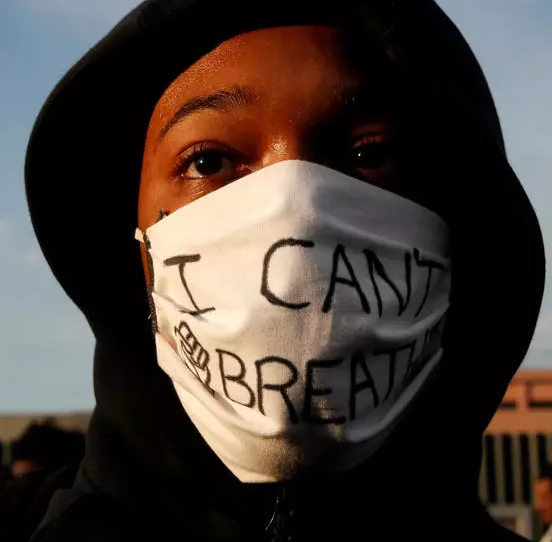| Hot Topic: Black Lives Matter.
“When we say #ICantBreathe —whether it is an officer with a knee on our neck or the #airpollution which continues to take away our breath —that’s why we march, and that’s why we work so hard to change these dynamics.” – Mustafa Santiago Ali, senior vice president of climate, environmental justice & community revitalization at the Hip Hop Caucus
“America is segregated, and so is pollution. Race and class still matter and map closely with pollution, unequal protection, and vulnerability. Today, zip code is still the most potent predictor of an individual’s health and well-being. Individuals who physically live on the ‘wrong side of the tracks’ are subjected to elevated environmental health threats and more than their fair share of preventable diseases. Still, too many people and communities have the ‘wrong complexion for protection.’” – Dr. Robert Bullard, founding director of the Environmental Justice Resource Center at Clark Atlanta University
“The effects of the water crisis on my community will be felt for decades to come. And the worst part is there are other communities facing toxic water as well, and nobody is taking it seriously.” – Mari Copley, founder of #DearFlintKids and #WednesdaysForWater
“As black, indigenous & brown people, the enviro-climate justice movement has ALWAYS fought for racial justice. For us, this is not new. We don’t have the privilege of choosing between racial justice & climate when it’s all coming for us.” – Elizabeth Yeampierre, executive director of UPROSE
“Without an equity and racial justice orientation, climate solutions risk perpetuating and exacerbating unjust patterns, thus undermining the broad public support needed for rapid progress. Solutions created with input and support from those most impacted stand a better chance of success for all.” – Melanie Allen and Erin Rogers, co-directors of The Hive Fund for Climate and Gender Justice
“In order to address climate change, we have to address classism…because those are the very systems that put us into where we are…it’s not just working on climate. It’s working on a social justice and systems change in order to uplift human rights.” – Jacqueline Patterson, director of environmental and climate justice at NAACP
“Seeing massive health inequalities in the black community — that’s the same mass death we want to fight against with climate change, and we should be showing up for black lives.” – Mattias Lehman, digital director for the Sunrise Movement |

